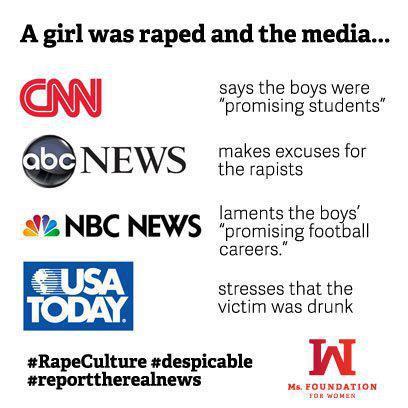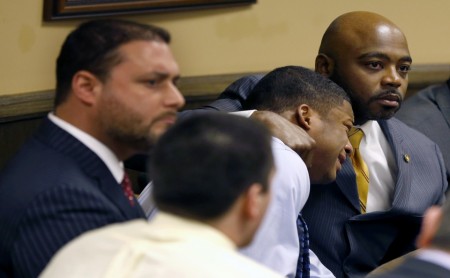With his sixteenth birthday just around the corner, Darius is in that crazy stage of development between childhood and adulthood.
With a deepening voice, long, lean limbs and a noticeable line of facial hair across his upper lip, it’s getting harder to deny that my oldest is just years away from driving, working, having dates and forging a new era of independence.
As far as typical teenagers go, Darius is an average one in many ways—hovering within inches of his cell phone at all times, hanging out with friends and cousins on the weekends and blocking out his tag-teaming sisters with the iPod or an endless assortment of video games. But outside of the occasional conflict about quiz grades and neglected chores, my No. 1 Son is thoughtful, intelligent and well-aware of the difference between right and wrong.
The lines become less clear-cut as he grows older, since his world is expanding in ways that he can’t always anticipate, but I’ve used countless news stories, real-life experiences and other pertinent examples to demonstrate to Darius that more often than not, people have choices, and when we make the wrong ones, the consequences can impact us for a lifetime.
This is a truth illustrated with the first guilty verdicts handed down in the now-infamous Stubenville, OH juvenile rape and assault case.
The bare-bones details of the crime—a group of VIP teenage athletes violating an unconscious girl, photographing themselves and spreading the scope of their evil by posting it on the internet—is horrific enough. But when the angle of the coverage is focused on how the assailants’ lives are now ruined in the aftermath, as if they were simply crossing a street instead of drunkenly raping someone, is simply too offensive to understand.
To be sure, it was disturbing to see the teenaged Ma’lik Richmond and Trent Mays sit with defense attorneys day after day as the heinous facts were revealed in open court: alcohol abuse among the underaged, voyeuristic partygoers treating the brutal attack like a pay-per-view match and digital images of the assault forwarded and immortalized on the World Wide Web.
There was no mercy whatsoever being shown to the victim by the attackers or their peers, nor did there seem to be any true understanding of how viciously they defiled a fellow human being—until those ‘delinquent’ verdicts were read.
Only then did the tears come, along with the stupefying claim by Richmond’s defense attorney, Walter Madison, that he would appeal on the behalf of his client to prevent him from having to register as a sex offender because his brain wasn’t ‘fully developed.’
Come again? Wouldn’t that negate the punishments of any perpetrator under the age of 25 (the age that scientists state the brain is fully matured)? And how does being immature preclude realizing that you don’t force yourself on anyone, incapacitated or not?
‘Boys will be boys’ is acceptable when it comes to playful mischief, but not when it helps parents, teachers, classmates and even some members of the news media to overlook the atrocities that were committed against a defenseless girl.
When I outlined the facts to Darius, I asked him whether or not someone’s age made it alright to get inebriated, attack another human being and then publicly humiliate the victim.
“No. You shouldn’t be drinking when you’re not 21 and you’re not supposed to hurt other people.”
“How do you know that Darius?”
“You taught me.”
Yes, boys might be boys, but typically, they grow into the ones we’ve taught them to be. And if the defendants knew enough to attempt erasing the evidence and intimidate the victim after the fact, they were aware that their actions had consequences.
‘Immaturity’ may have kept Mays and Richmond from realizing the long-term results, but it certainly didn’t keep them from acting out their short-term wrongs.





